Rotman Canada Research Chairs
Six Rotman faculty members are Canada Research Chairholders. The Canada Research Chairs (CRCs) program is designed to attract and retain some of the world’s most accomplished and promising minds in engineering, natural sciences, health sciences, humanities and social sciences.
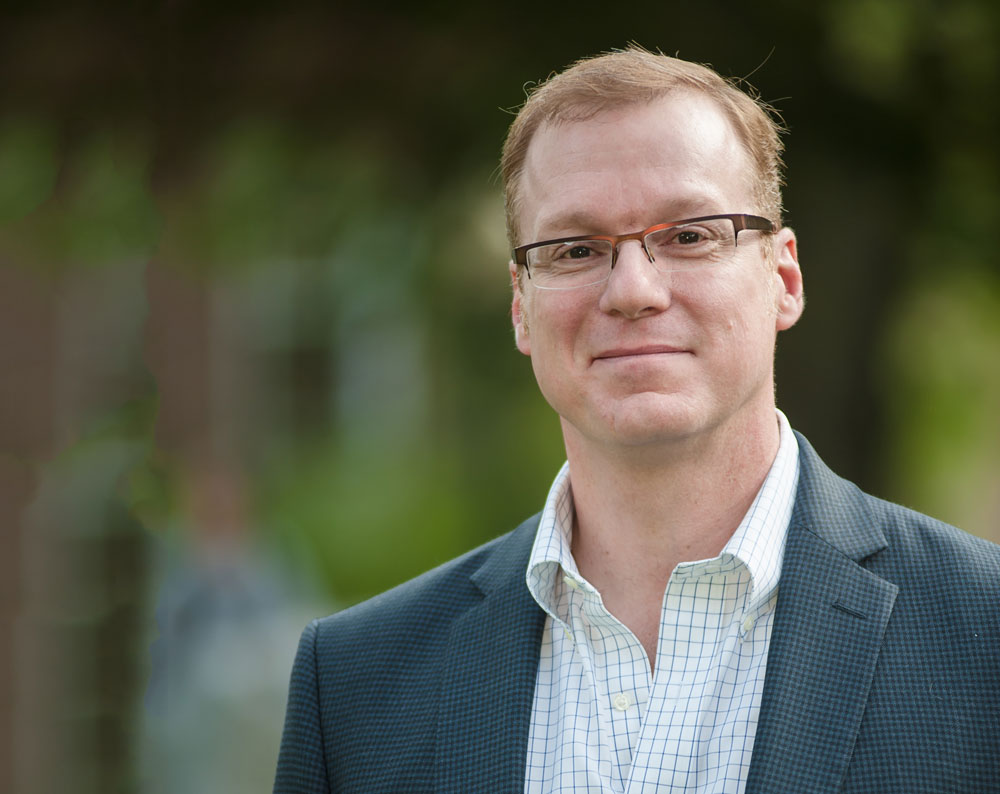
MICHAEL ANDERSON
Canada Research Chair in Philosophy of Science, Tier 1
Funding Agency: SSHRC
2018
Although technological advances have offered unprecedented access to the inner workings of the brain, gaining a deeper understanding has remained elusive. This is not only because conceptual innovation has not kept pace with technological advances, but also because the relevant scientific fields remain isolated from one another. Ultimately, gaining a better understanding of the true nature of exactly how the brain works—its functional architecture—could lead to better diagnostics and treatments of brain disorders. Anderson’s research could also result in a new generation of brain-machine interfaces, such as computing devices and functional prosthetics.
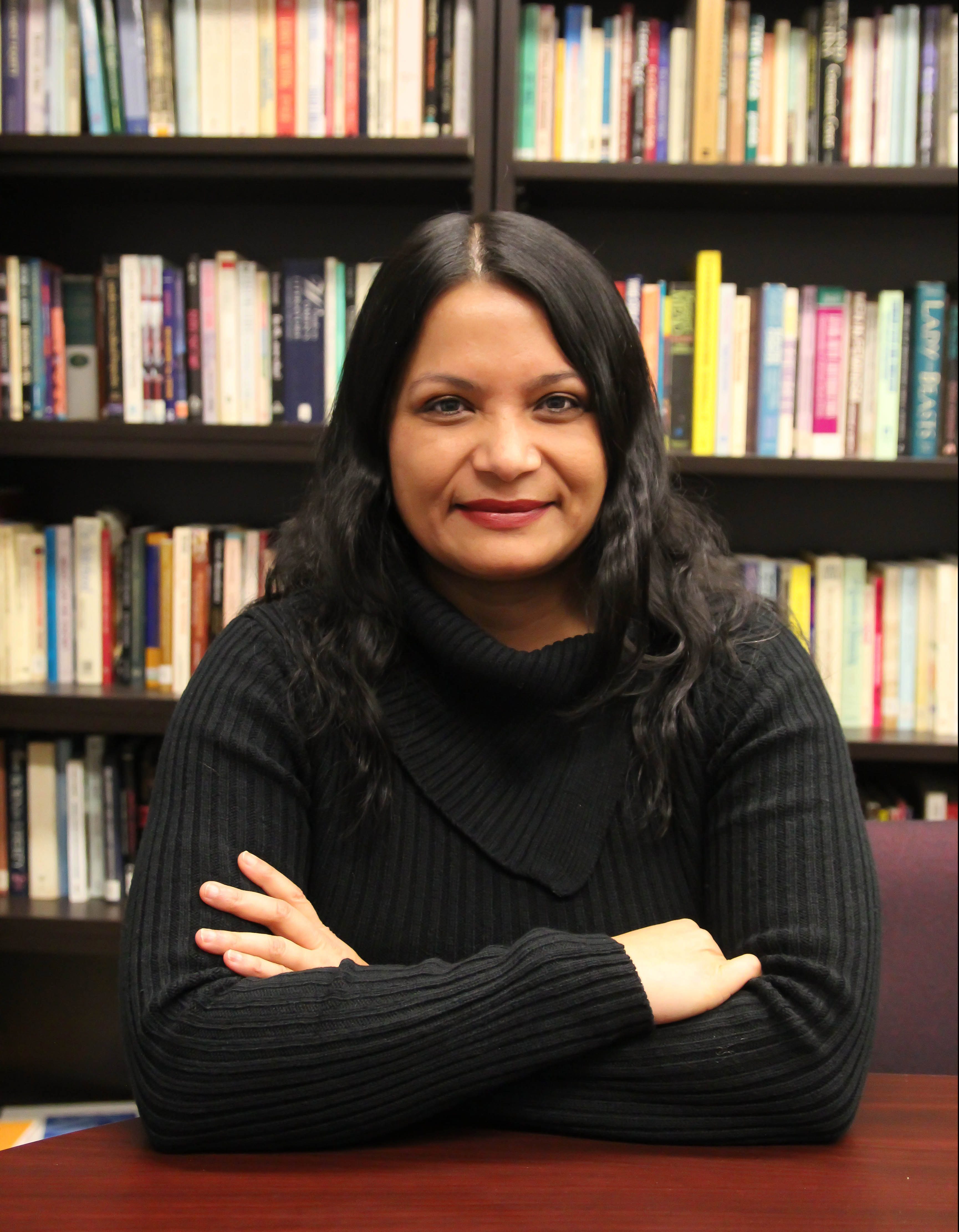
BIPASHA BARUAH
Canada Research Chair in Global Women’s Issues, Tier 2
Funding Agency: SSHRC
2017
This research identifies occupational patterns in employment in renewable energy in global context, and proposes recommendations for optimizing participation of women and other marginalized groups. Employment in the energy industry is extremely gender-imbalanced everywhere in the world. Globally, women make up 6 per cent of technical staff, 4 per cent of decision-makers, and only 1 per cent of top management in the fossil fuel-based sector. Women are also highly underrepresented globally in the renewable energy sector. As Canada Research Chair in Global Women’s Issues, Bipasha Baruah will identify patterns in women’s employment in renewable energy in industrialized, emerging and developing economies, and make recommendations for optimizing women’s participation in that sector.
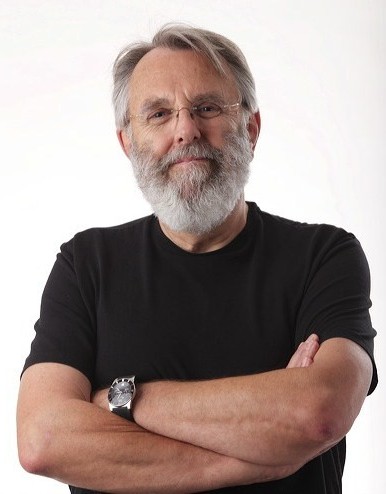
MEL GOODALE
Canada Research Chair in Visual Neuroscience, Tier 1
Funding Agency: NSERC
2017
Goodale is studying the different kinds of information used by the human visual system to guide the hand as it reaches out and grasps an object—as well as how previous experience with an object interacts with current visual information. Goodale also uses brain imaging (functional magnetic resonance imaging, or fMRI) to explore how the brain calculates the sizes and locations of the objects being grasped. This work is not only providing basic information about how vision is used to control the human hand, but is also contributing to the design of better systems for controlling robot hands.
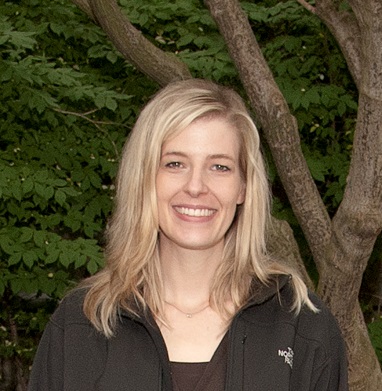
AMANDA MOEHRING
Canada Research Chair in Functional Genomics, Tier 2
Funding Agency: NSERC
2008 – 2019
One of the great unanswered questions in biology is how such a wide variety of creatures came to be living on our planet – that is, the genetic changes that cause one population to diverge into two distinct species and prevents them from merging back together. The work of Moehring focuses on the genetic changes that cause new species to form and be maintained. Her work examines both the genetics of behavioural isolation (why species are not attracted to other species) as well as hybrid sterility, which occurs from interspecies matings.
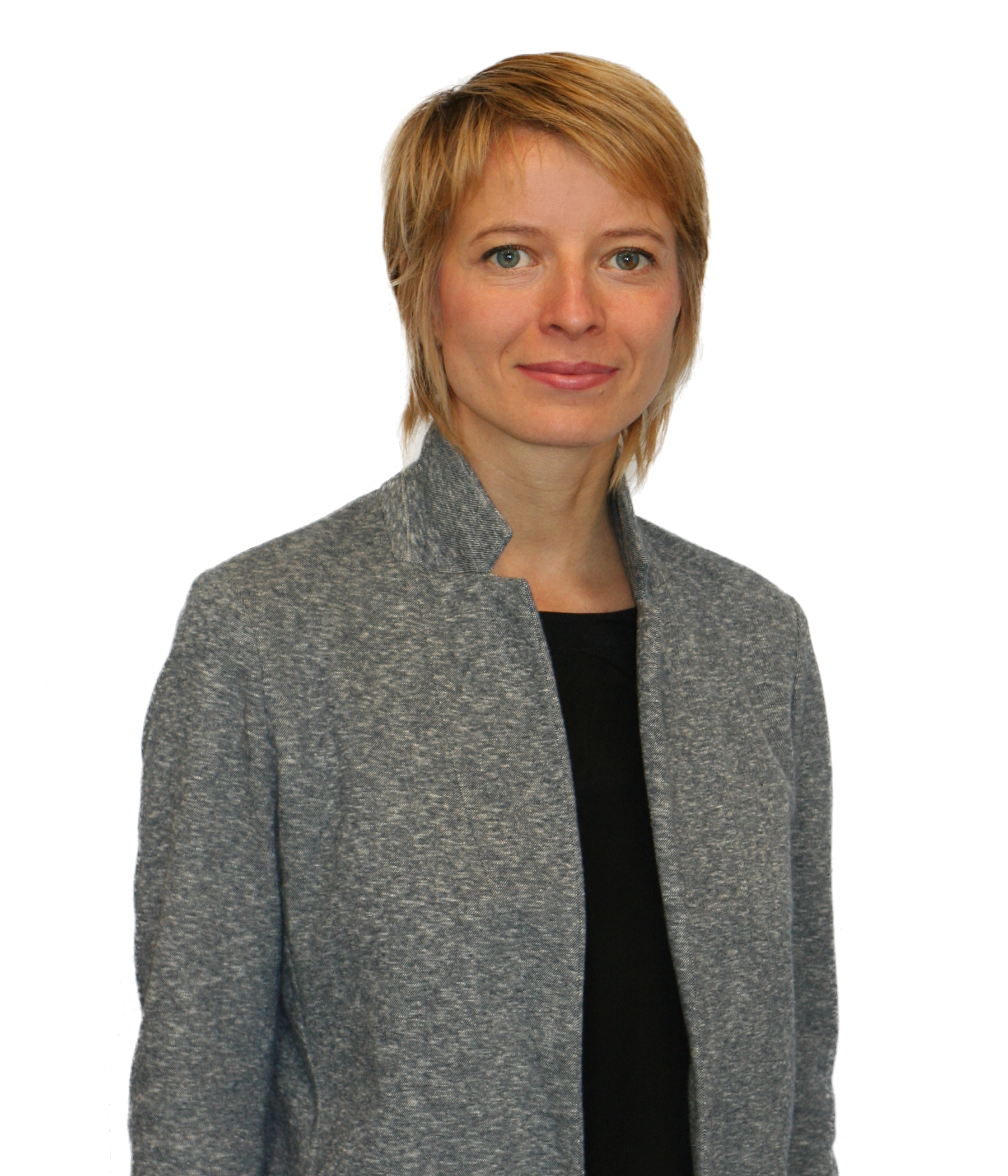
FRANCESCA VIDOTTO
Canada Research Chair in Foundations of Physics, Tier 2
Funding Agency: NSERC
2021
The intersection of the physics of space, time and quantum theory raises interesting conceptual issues. As first understood by Einstein, space and time are manifestations of the gravitational field. Like all other physical fields, gravity should have quantum properties, appearing in extreme regions of the universe, such as the beginning of our universe, or the interior and the long-term evolution of black holes. A deeper understanding of the quantum correlations that weave the fabric of spacetime will allow us to shed new light on cosmology and black holes, and discover novel physical phenomena.
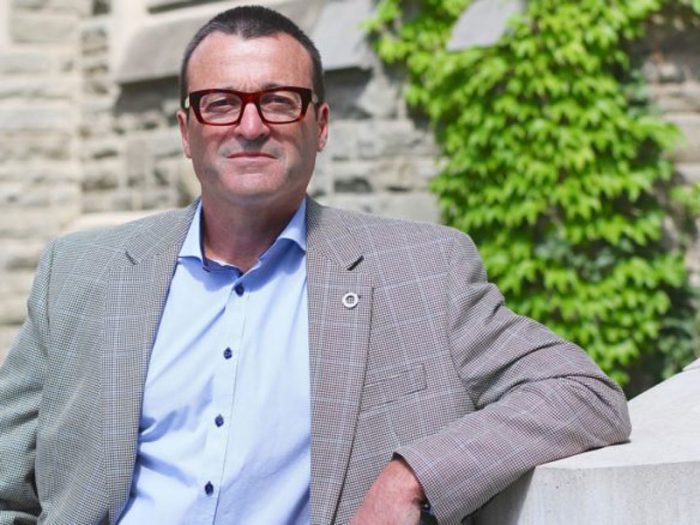
CHARLES WEIJER
Canada Research Chair in Bioethics, Tier 1
Funding Agency: CIHR
2012 – 2017
Health research offers unparalleled opportunities for the development of new treatments that can improve people’s health around the world. Despite the importance of health research, it cannot be conducted without taking human costs into consideration. Ethical issues pervade health research. Continued exploration of the ethical foundations of health research is needed in order to meet the challenges faced by scientists and to preserve public trust in science. This research will lead to a deeper understanding of the ethical obligations that scientists have with people who agree to participate in health research.
